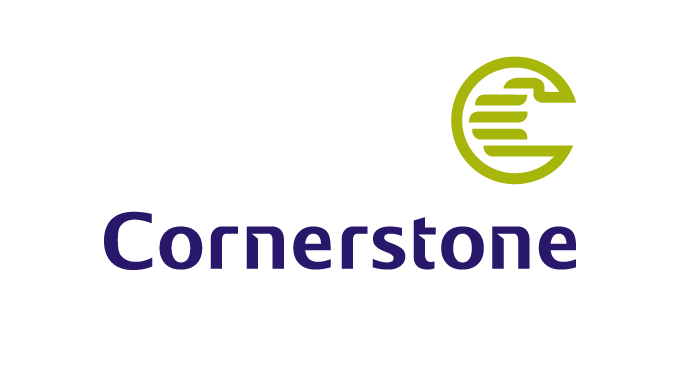For the first nine months through September 2015;
- Cornerstone Insurance grew its gross premium income by 39% to N6 billion from N4.3 billion last year.
- It grew its premium income by 36% to N5.22 billion in September 2015 as against N3.8 billion the previous year.
- Its net premium income (NPI) went up by 52.9% to N3.73 billion compared with N2.44 billion in 2014.
- Net income moved by 10.6 percent to N622.6 million in the period under review as against N562.85 million the previous year.
- Underwriting income increased by 51% to N3.96 billion in 2015 as against N2.62 billion the previous year.
- The insurer was aggressive about settlement of claims as loss ratio otherwise known as claims ratio moved to 46.6% in the period under review as against 26.4% last year.
- Underwriting expenses moved to N981 million in Sept 2015 compared with N657 million the previous year. Management expenses were up by 20.9% in 2015 to N1.7 billion in 2015 compared with N1.3 billion the same period as of last year.
Despite the 10.6% increase in net income and 36.3% rise in gross premium income, Cornerstone’s share price has remained stuck at N0.50, since 2013 when it last touched N0.72.
It is generally accepted finance principle that a company that consistently records stellar performance in terms of growth at both top and bottom lines will have its share price grow. But this isn’t so in the Nigerian insurance industry where for instance, a firm like Cornerstone Insurance Plc’s third quarter premium income and profit growth had no impact on a stagnant share price.
We believe that the insurance sector is still fragmented from the market that it is meant to serve despite the country’s huge population and middle class. This explains the sector’s less than one percent contribution to the economy of $510 billion (N100 trillion). Insurance penetration still remains quite low, as a lot of people are yet to adopt insurance products as necessary a financial service.
On the stock exchange, the bulk of them have remained unattractive to traders and investors due to their past track record, which some of the insurers are striving to change. Many insurance companies’ shares are also not well traded as other stocks, leading to investors’ concern about the liquidity of the stock.
This scenario is not restricted to Cornerstone alone but to all the insurance firms quoted on the floor of the exchange.
We believe for Nigerian insurers to compete successfully and profitably, they must identify and act on emerging trends. Their ability to use cognitive technologies to solve operational issues, price risk more accurately and make better informed decisions will help bolster premium income. By so doing, Nigeria can compete with other Sub Sahara countries like South Africa and Kenya whose insurance contribution to their economy eclipses that of Nigeria.



















